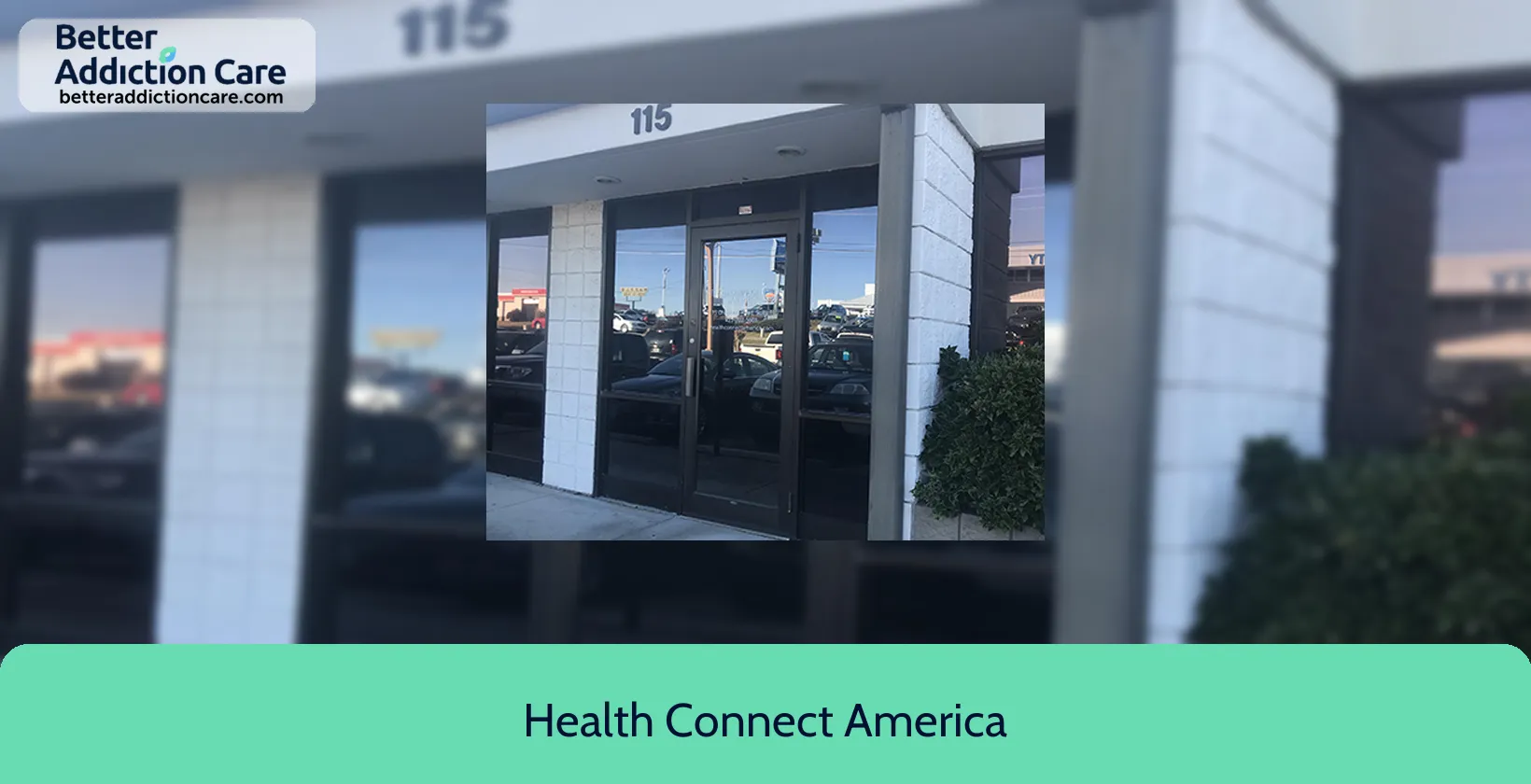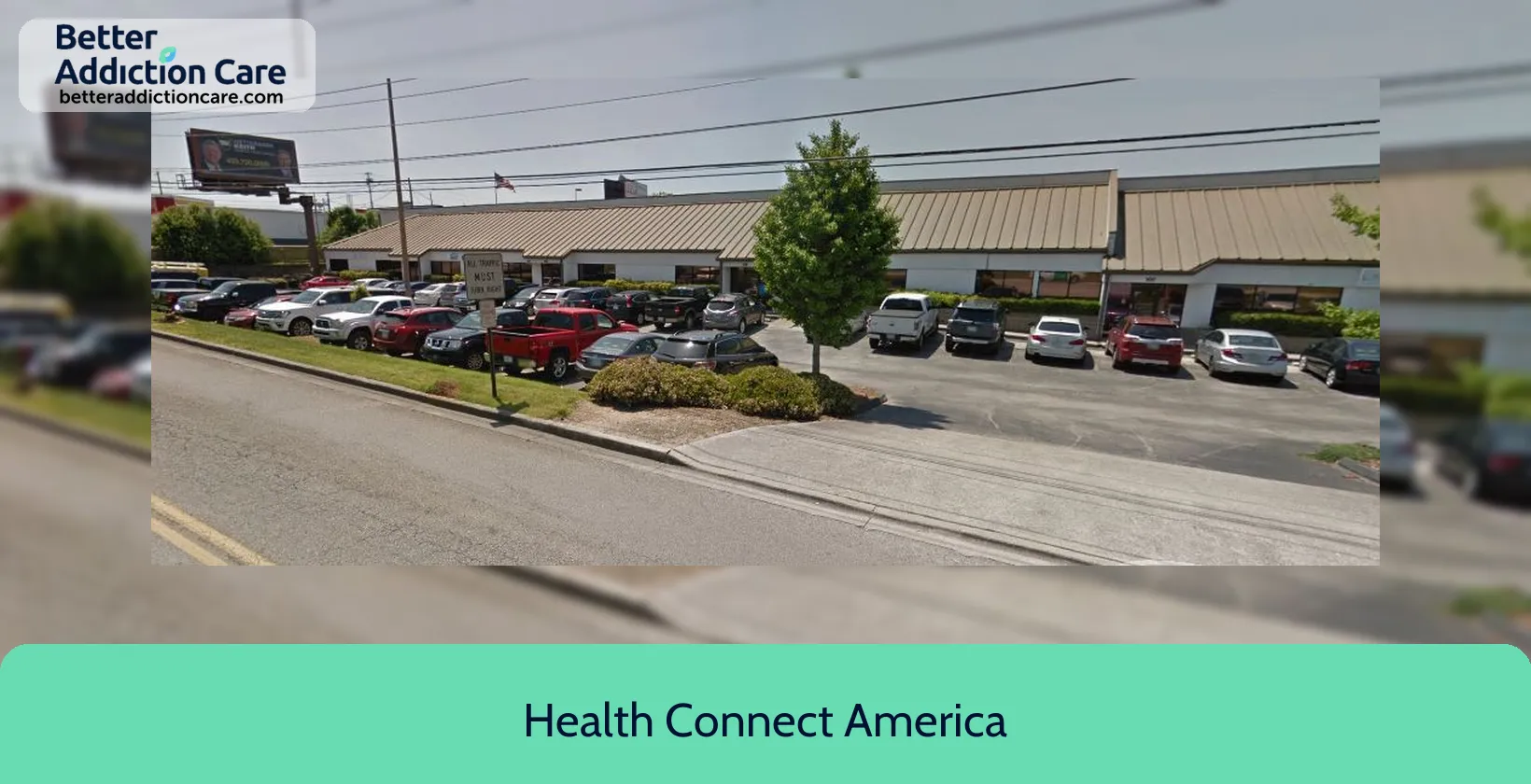Health Connect America
Overview
Health Connect America is an accredited mental health treatment center that provides outpatient treatment for men and women from 18+ years of age. As part of their special programs, Health Connect America treats clients with co-occurring mental and substance use disorders, criminal justice (other than dui/dwi)/forensic clients, and pregnant/postpartum women. To help patients achieve sobriety, Health Connect America provides intake assessments. Afterward, patients receive individual psychotherapy, cognitive behavioral therapy, and substance use disorder counseling during treatment. Health Connect America is located in Chattanooga, Tennessee, providing treatment for people in Hamilton County, accepting cash or self-payment, medicaid, and sliding fee scale (fee is based on income and other factors).
Health Connect America at a Glance
Payment Options
- Cash or self-payment
- Medicaid
- Sliding fee scale (fee is based on income and other factors)
- Payment assistance (check with facility for details)
Assessments
- Screening for tobacco use
- Comprehensive substance use assessment
- Screening for mental disorders
- Screening for substance use
- Comprehensive mental health assessment
Age Groups
- Adolescents
- Young adults
- Children/adolescents
- Adults
- Seniors
Ancillary Services
- Case management service
- Family psychoeducation
- Mental health services
- Opioid use disorder clients only
Highlights About Health Connect America
6.71/10
With an overall rating of 6.71/10, this facility has following balanced range of services. Alcohol Rehabilitation: 8.00/10, Drug Rehab and Detox: 6.62/10, Insurance and Payments: 6.00/10, Treatment Options: 6.24/10.-
Alcohol Rehabilitation 8.00
-
Drug Rehab and Detox 6.62
-
Treatment Options 6.24
-
Insurance and Payments 6.00
Accreditations
State mental health department:
State mental health department accreditation refers to the process of evaluating and certifying the quality and standards of a state's mental health department, ensuring that it provides high-quality services and meets specific criteria for mental health care. The accreditation process is performed by a third-party organization and helps to improve the overall care and treatment of individuals with mental health conditions.
Council on Accreditation (COA):
The Council on Accreditation (COA) is a non-profit that provides accreditation to human services organizations to ensure they meet high standards in service delivery. The accreditation process involves evaluating the organization's policies, practices, and services to meet specific standards.
Treatment At Health Connect America
Treatment Conditions
- Mental health treatment
- Substance use treatment
- Co-occurring Disorders
Care Levels
- Outpatient
- Outpatient methadone/buprenorphine or naltrexone treatment
- Intensive outpatient treatment
- Regular outpatient treatment
- Aftercare
Treatment Modalities
- Individual psychotherapy
- Cognitive behavioral therapy
- Substance use disorder counseling
Ancillary Services
Additional Services
- Pharmacotherapies administered during treatment
- Drug or alcohol urine screening
Special Programs
- Clients with co-occurring mental and substance use disorders
- Criminal justice (other than DUI/DWI)/Forensic clients
- Pregnant/postpartum women
- Clients who have experienced trauma
- Clients who have experienced sexual abuse
Get Help Now
Common Questions About Health Connect America
Contact Information
Other Facilities in Chattanooga

7.28

7.31
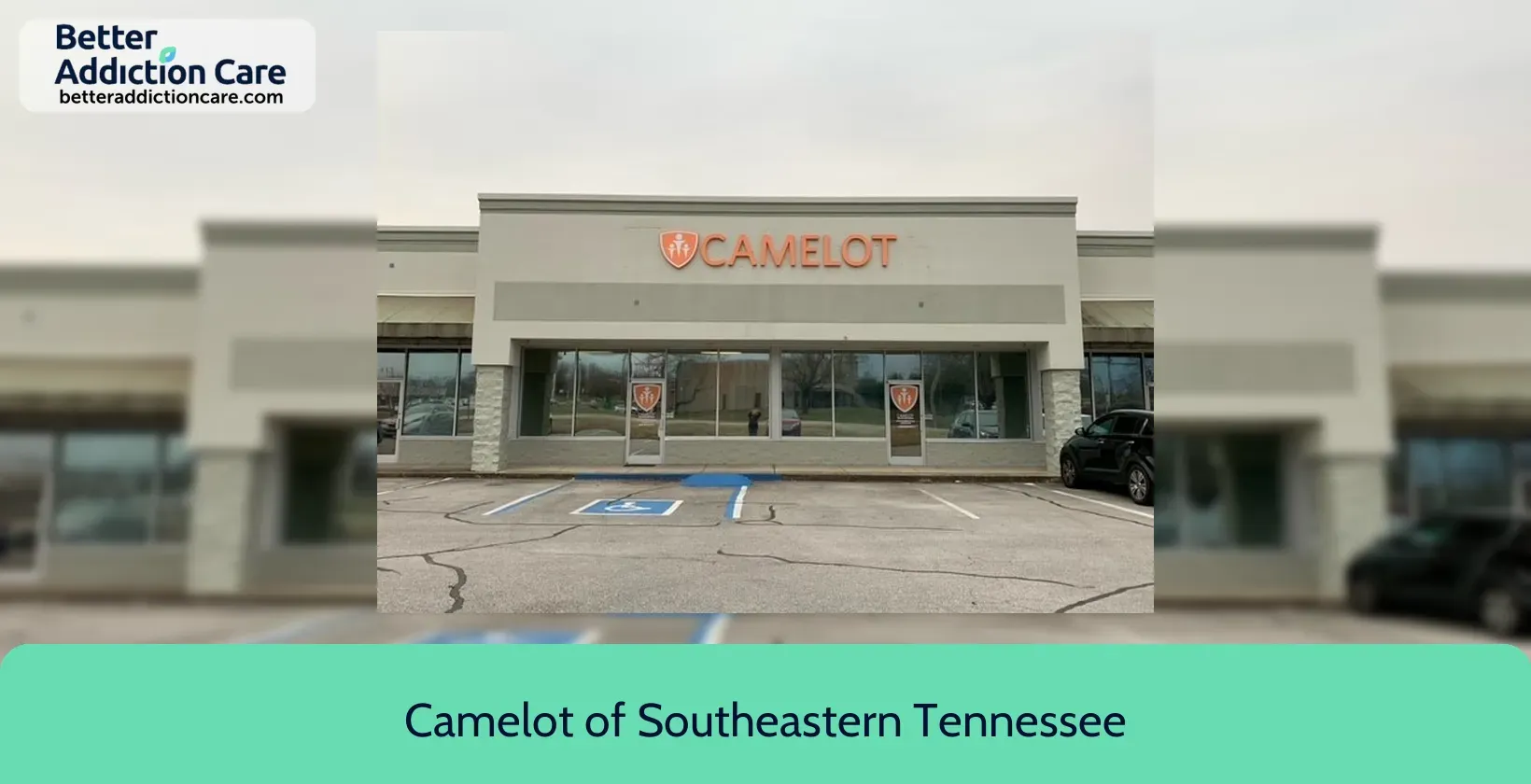
7.08
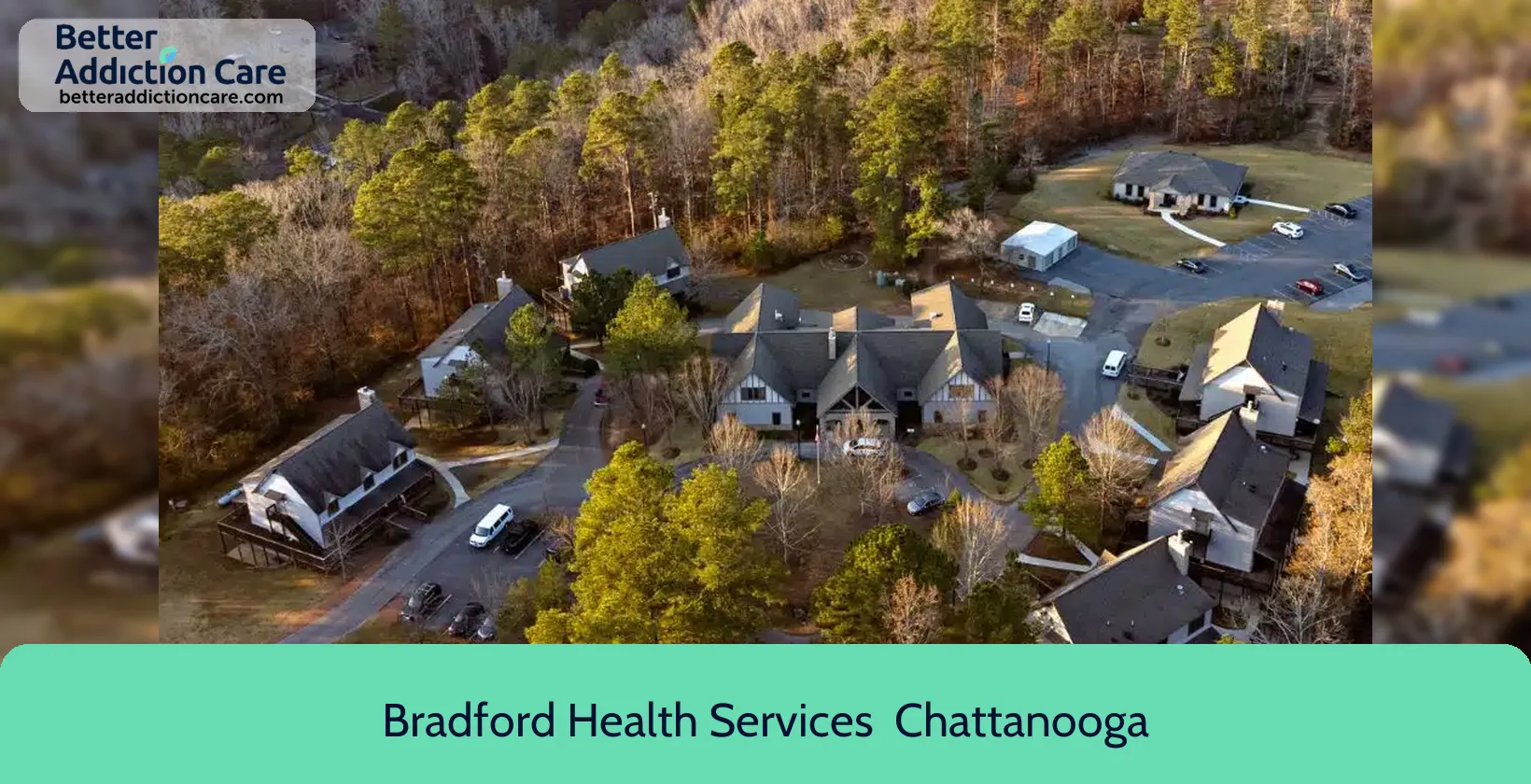
7.45
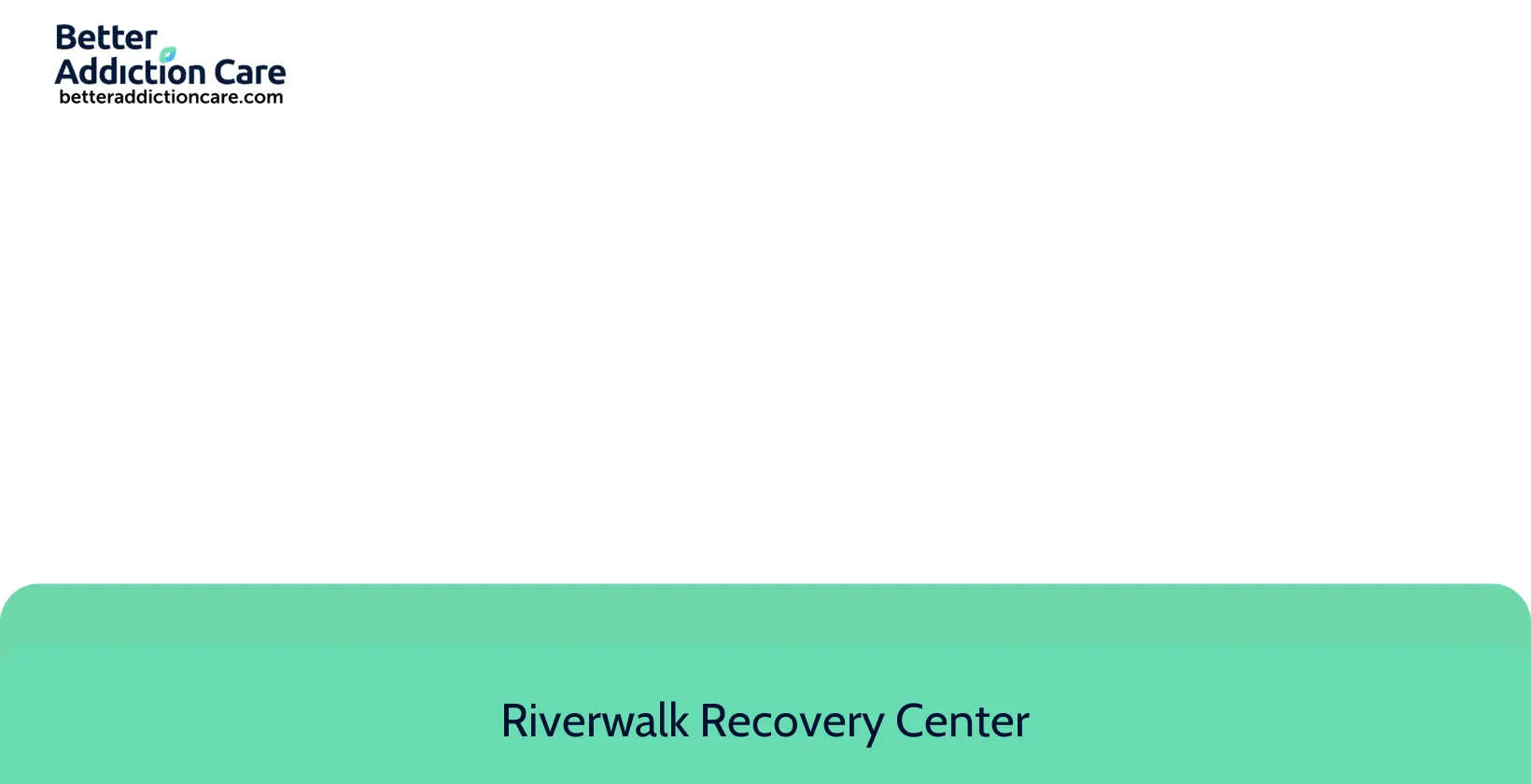
7.60
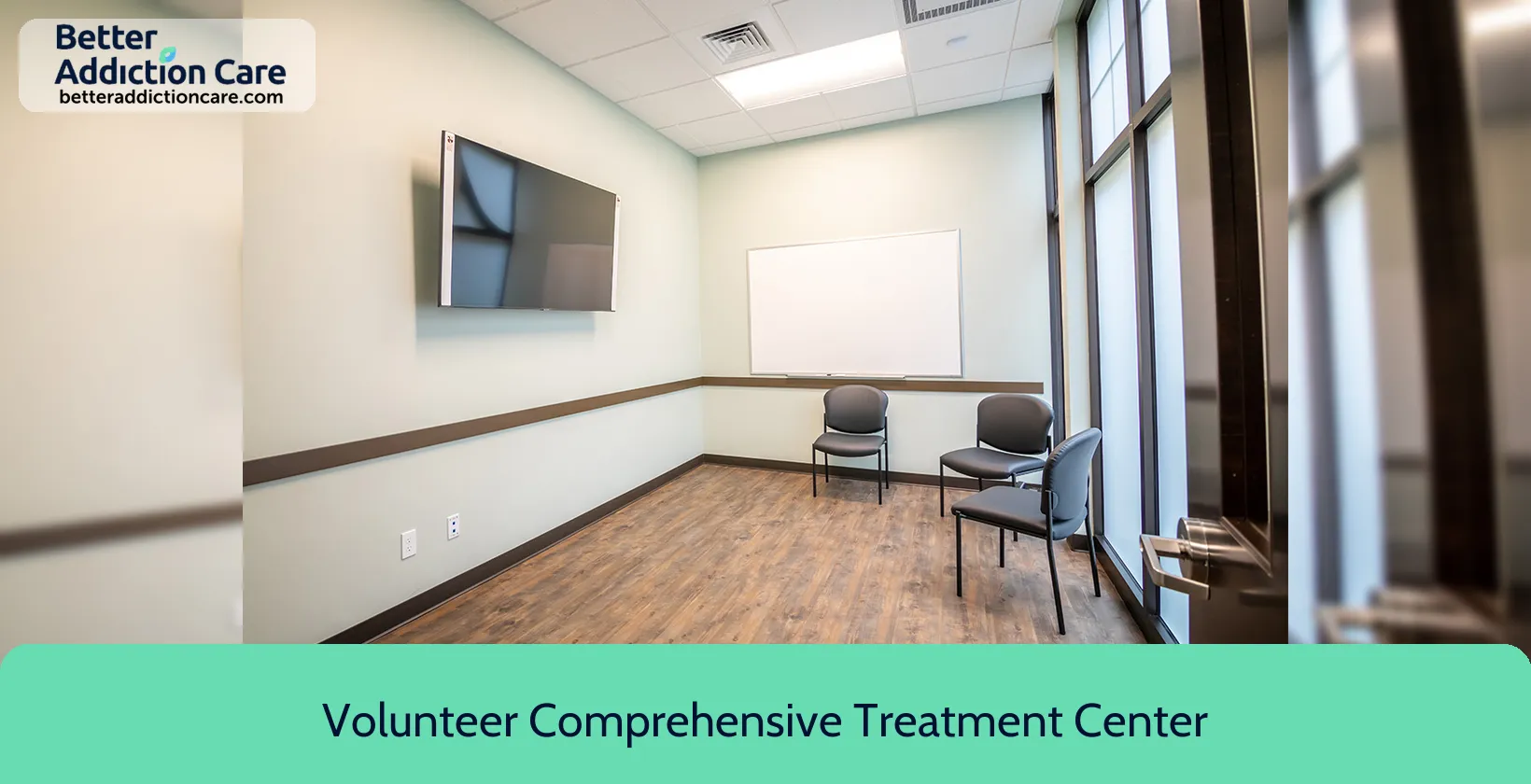
7.22
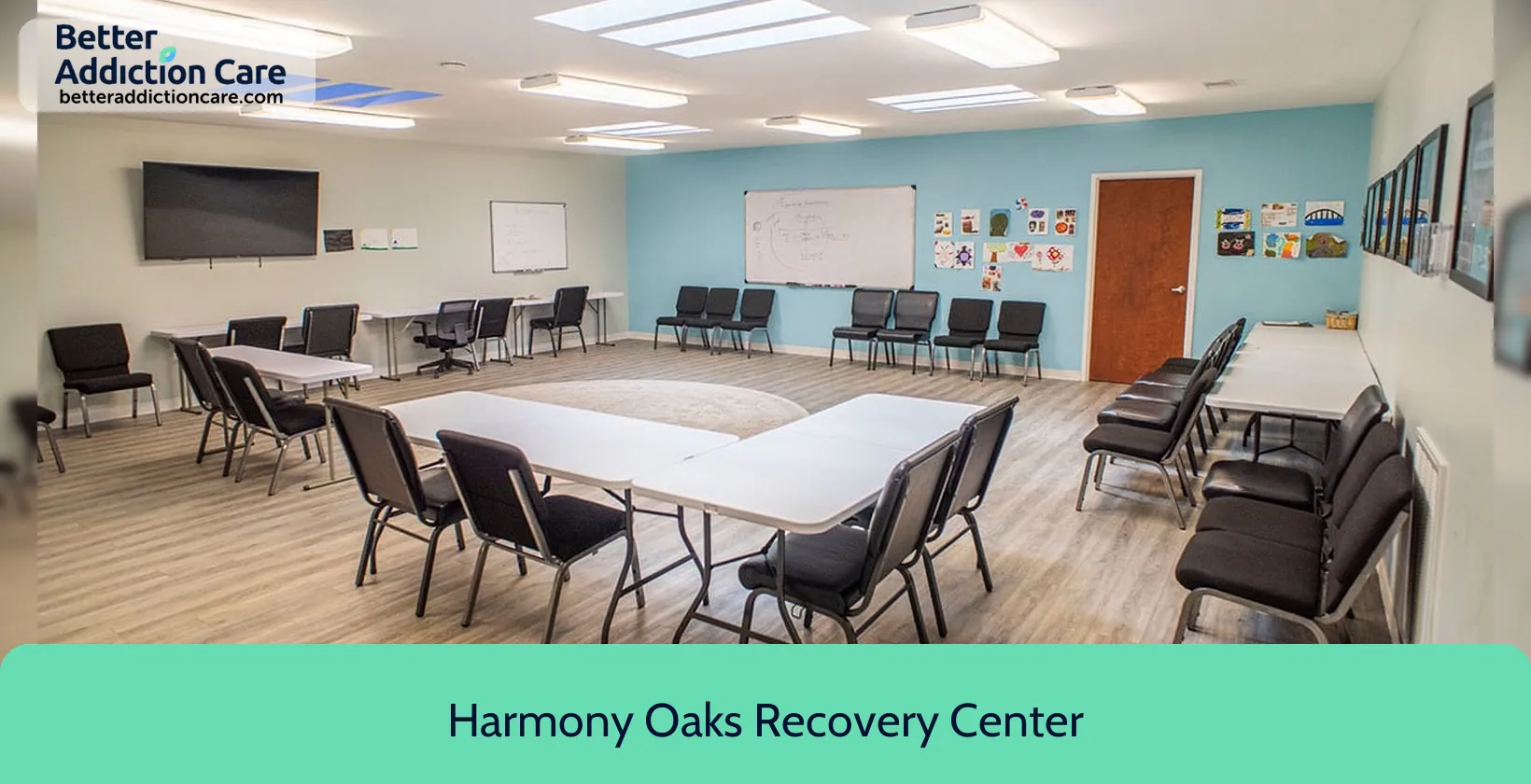
7.60
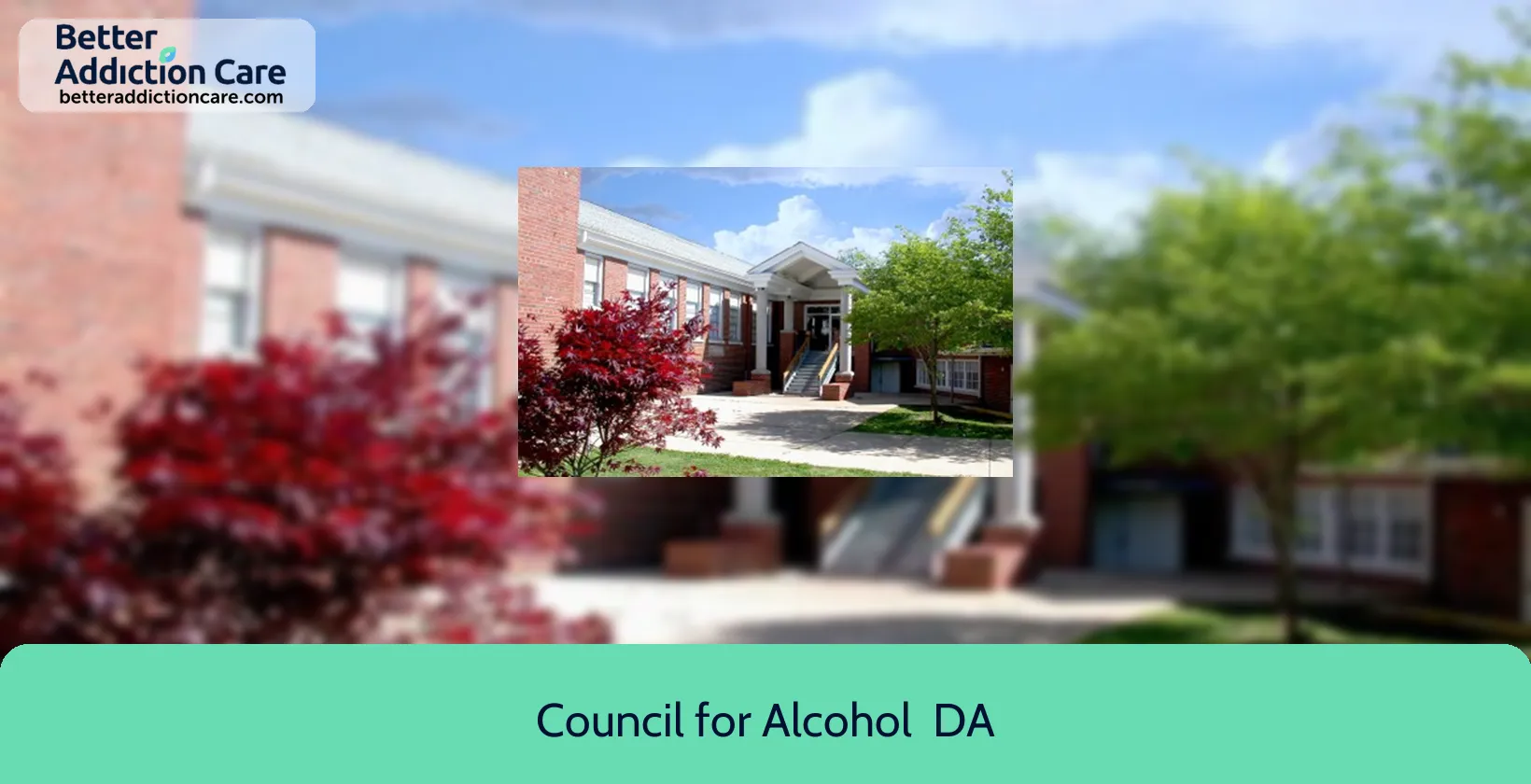
6.96
DISCLAIMER: The facility name, logo and brand are the property and registered trademarks of Council for Alcohol - DA Services (CADAS) - Scholze Center for Adolescents, and are being used for identification and informational purposes only. Use of these names, logos and brands shall not imply endorsement. BetterAddictionCare.com is not affiliated with or sponsored by Council for Alcohol - DA Services (CADAS) - Scholze Center for Adolescents.
